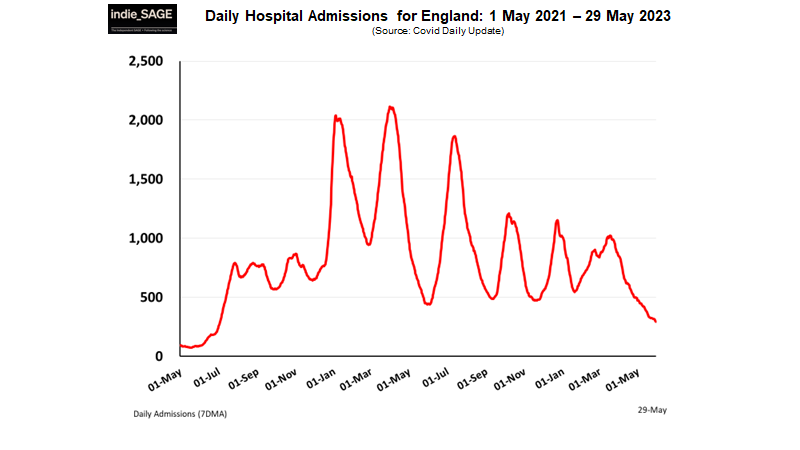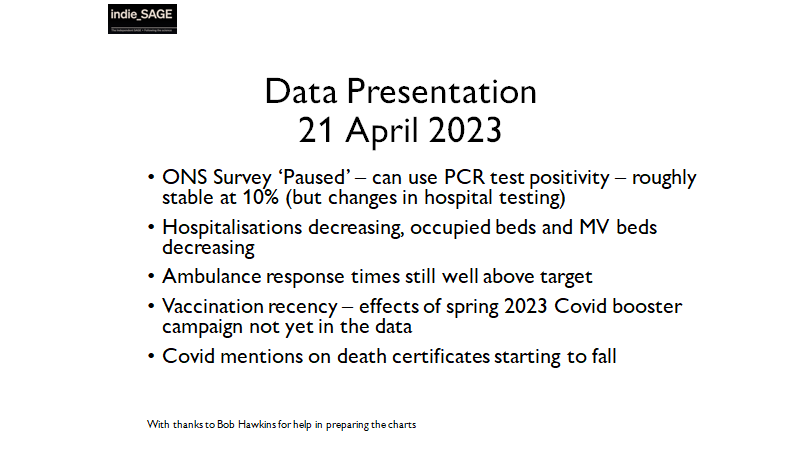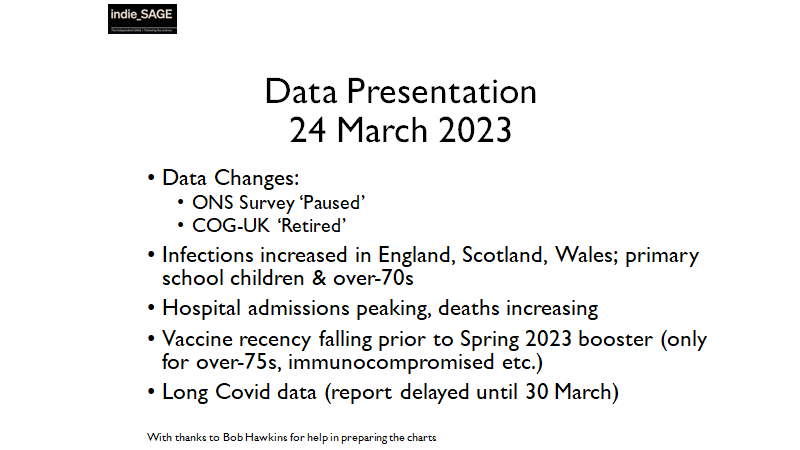Well done to @OfficialUoM for publishing positive Covid cases at the university. manchester.ac.uk/coronavirus/ca… This draws attention to the university, and raises questions as to why this hasn't been updated for a few days. But it is a good thing to be public, and should be encouraged. 
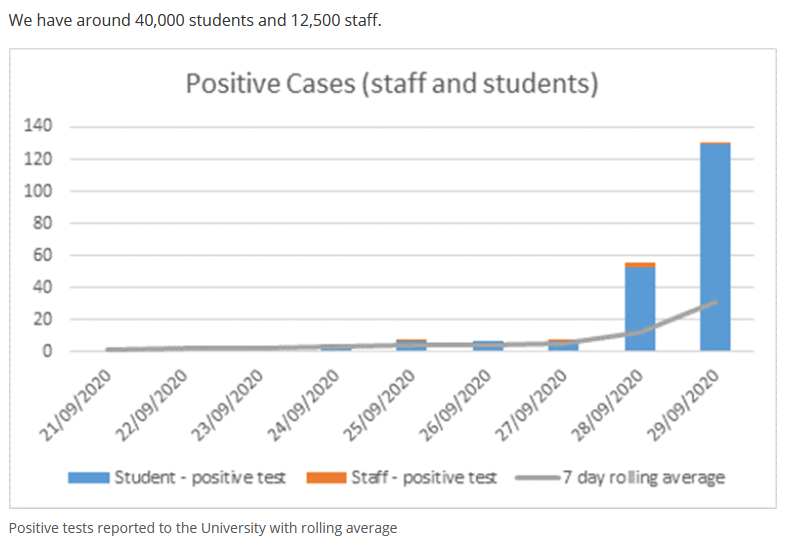
.@sheffielduni also publish data - well done, particularly for keeping the info up to date. sheffield.ac.uk/autumn-term-20… 
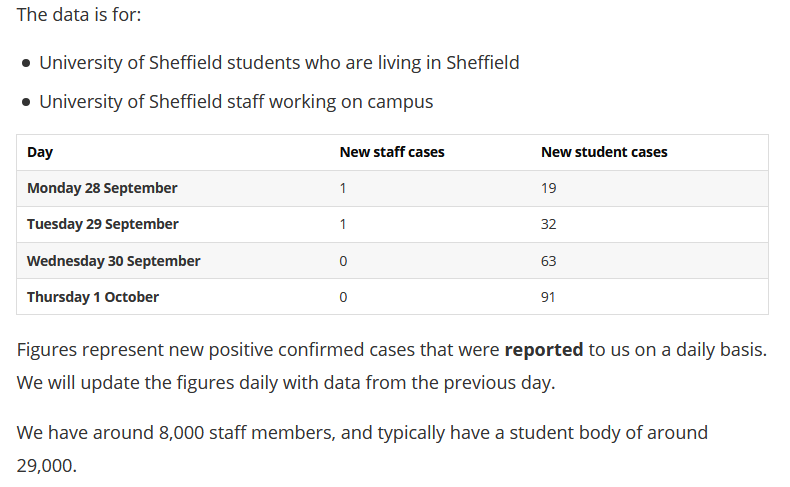
We can see apparent outbreaks at other universities. Here's the location of @UniofExeter (21-27 September cases) - would be good to have a dashboard of cases. 
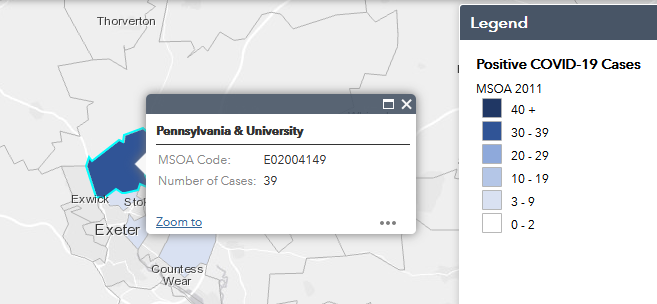
.@carlbaker is methodically keeping track of cases per MSOA (area of around 8000 people) highlighting locations with more than 15 cases and also more than 20% students.
https://twitter.com/carlbaker/status/1311625808776237056
Here's the data for @UniofOxford . Published weekly. Good to see number of tests and positivity (which is over 5%) 
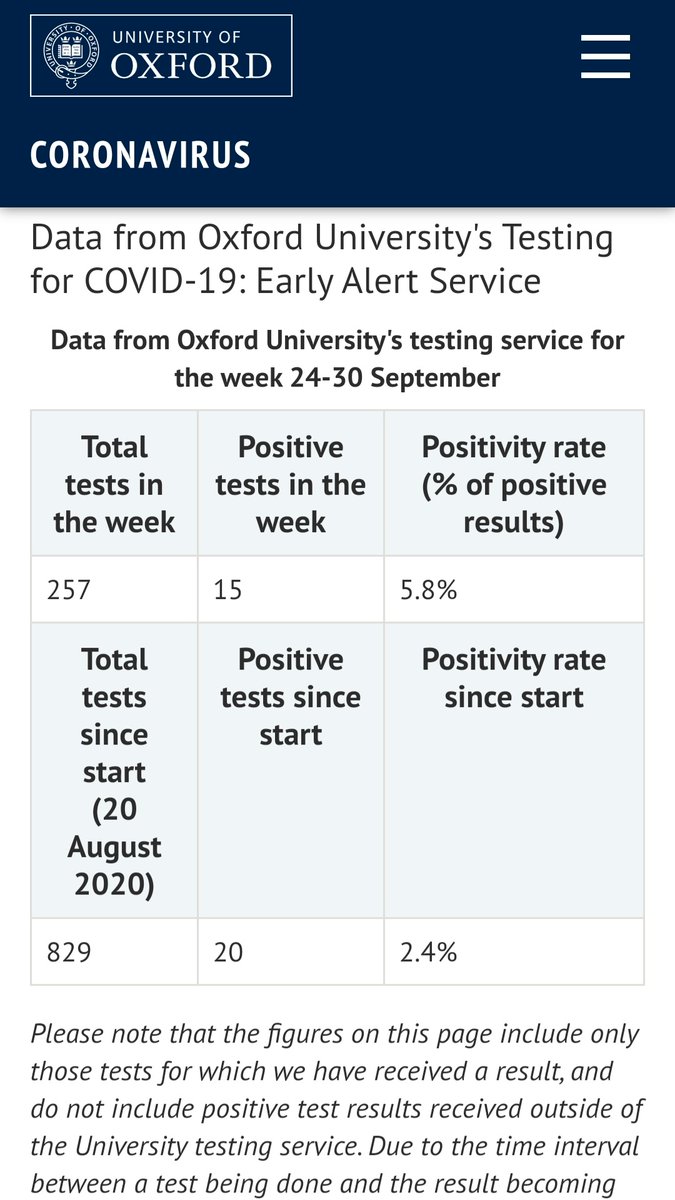
* as it's good to see number of tests and positivity reported.
Northumbria University. No dashboard, but 770 reported cases is huge.

https://twitter.com/lewis_goodall/status/1312059413608493056

Here is the current testing availability in Newcastle. Not ideal if you are a student without a car. 
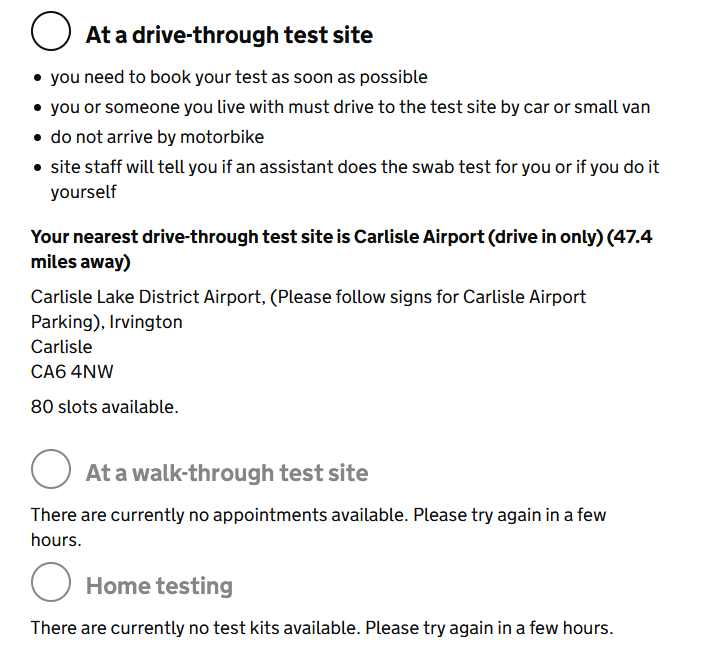
• • •
Missing some Tweet in this thread? You can try to
force a refresh










